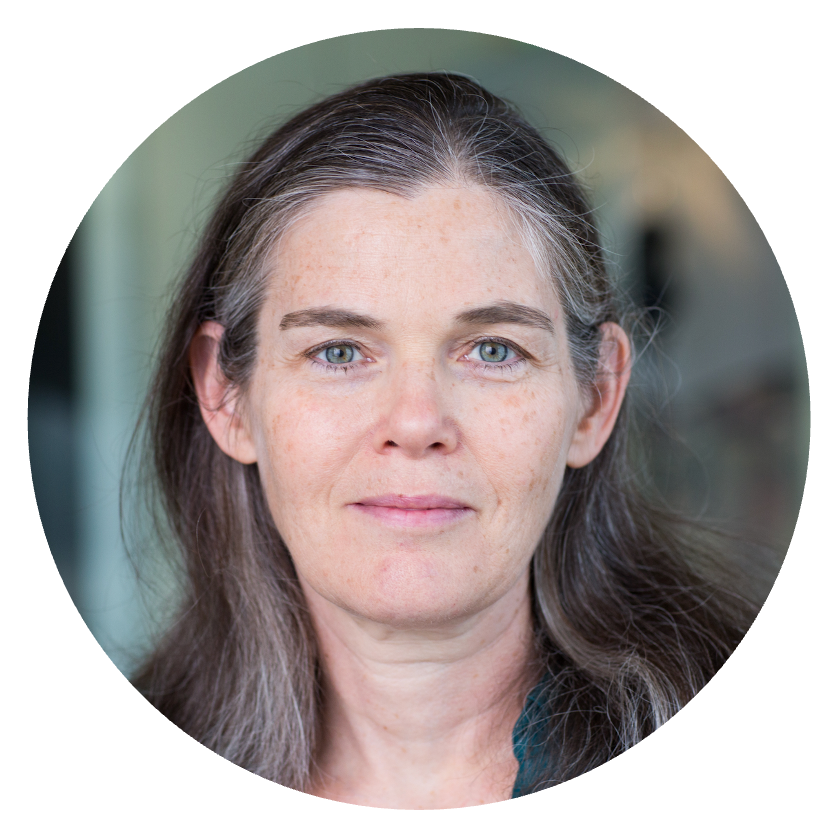Founder’s Five: Alan Forbes, F.I.R.S.T. Institute
October 18, 2024 Founder's FiveFounder’s Five is a continuing series from Tyton Partners that invites education company founders to shed light on…
Founder’s Five is a continuing series from Tyton Partners that invites education company founders to shed light on their own success and illuminate the landscape for other education entrepreneurs and investors by answering five basic questions.
Coursera is now one of the largest online learning platforms in the world, with 102 million registered learners and more than 250 university and industry partners. The company offers a broad catalog of content and credentials, including Guided Projects, courses, Specializations, certificates, and bachelor’s and master’s degrees. Institutions around the world use Coursera to up-skill and re-skill their employees, citizens, and students in many high-demand fields, including data science, technology, and business.
Coursera listed its shares publicly in 2021 (NASDAQ: COUR) and today has a market capitalization of more than $2 billion.
Engageli’s cloud-based, multimodal, digital learning technology creates flexible, inclusive, secure environments optimized for learner connections and active learning. Recognized for these innovations, Engageli was awarded Best Higher Ed Solution in EdTech Digest’s EdTech Awards 2022 and earned honorable mention in the 2021 Fast Company’s World Changing Ideas Award program, which honors companies and initiatives that inspire better and more equitable learning.
Engageli has raised over $47 million in funding.
 What is your company’s origin story?
What is your company’s origin story?When I was a professor at Stanford, I started working on technology-assisted education to improve the quality of the experience for on-campus Stanford students. I wanted to use technology as a means to create a deeper level of engagement and interaction between the instructor and the students, and between the students and each other. I also wanted to share all of the educational resources we created, including videos and quizzes, that were, at the time, only available to Stanford students and open them up to the rest of the world.
 How will the market be changed by your company’s success?
How will the market be changed by your company’s success?Coursera has provided access to education for more than 90MM learners in more than 4,000 classes. It continues to grow in regions where higher education infrastructure is severely constrained in its capacity to meet the demand of a growing population. It’s also helping to address the global skills shortage, creating a new and inclusive learning model.
 What do you know now that you wish you had known when you began?
What do you know now that you wish you had known when you began?Looking back at the beginning of Coursera, we waited too long to hire an experienced group of leaders who would bring in a broader diversity of opinions and skill sets. At the same time, I learned it’s critical to ensure that this diverse group is willing to collaborate and work together towards delivering on a shared vision.
 What non-intuitive insight have you gained through this work?
What non-intuitive insight have you gained through this work?This may be obvious to people who had built companies, but I realized that it’s critical to be thoughtful about what culture you want your company to have and deliberate about building and nurturing it. It’s very easy for culture to go awry. For people, I’ve found that their areas for development are often their strengths taken to extremes. The same is true for a company: the dark side of a company culture is often the same as what makes it great, but taken to a level where it becomes a limitation.

It’s very easy for culture to go awry… the dark side of a company culture is often the same as what makes it great, but taken to a level where it becomes a limitation.”
Daphne koller
 What other education company besides your own do you wish you had started?
What other education company besides your own do you wish you had started?When we launched the first Stanford Massive Open Online Courses (MOOCs), the access component of the vision dominated our thinking: it’s really hard to resist the impact of having 100,000 students in a given course. So, when I left Stanford to co-found Coursera, the primary focus was on scale and reach. There were several places where we consciously sacrificed engagement – between an instructor and the learners and among learners – in order to increase access. The resulting model increased opportunities for learners who were more self-sufficient and able to complete classes on their own, but many others were not as well-positioned for success.
When the COVID-19 pandemic disrupted higher ed in early 2020, I realized how even my two teenage daughters – academic high achievers in a highly supportive high school – struggled to engage with their online courses. This realization led me to revisit my original interest from my Stanford days in building digital teaching and learning platforms that help us deliver a better, more engaging learning experience to our students, including those who might struggle to succeed on their own.
I worked with my husband, accomplished entrepreneur Dan Avida, and Serge Plotkin, a former Stanford colleague in the Computer Science Department, to found Engageli, a company with the mission of improving education for all learners through a purpose-built, engaging, accessible, and dynamic online learning platform. While Coursera focuses on content delivery, we are focused on providing an environment purpose-built to improve the educational experience for all students and increase their chances of success.